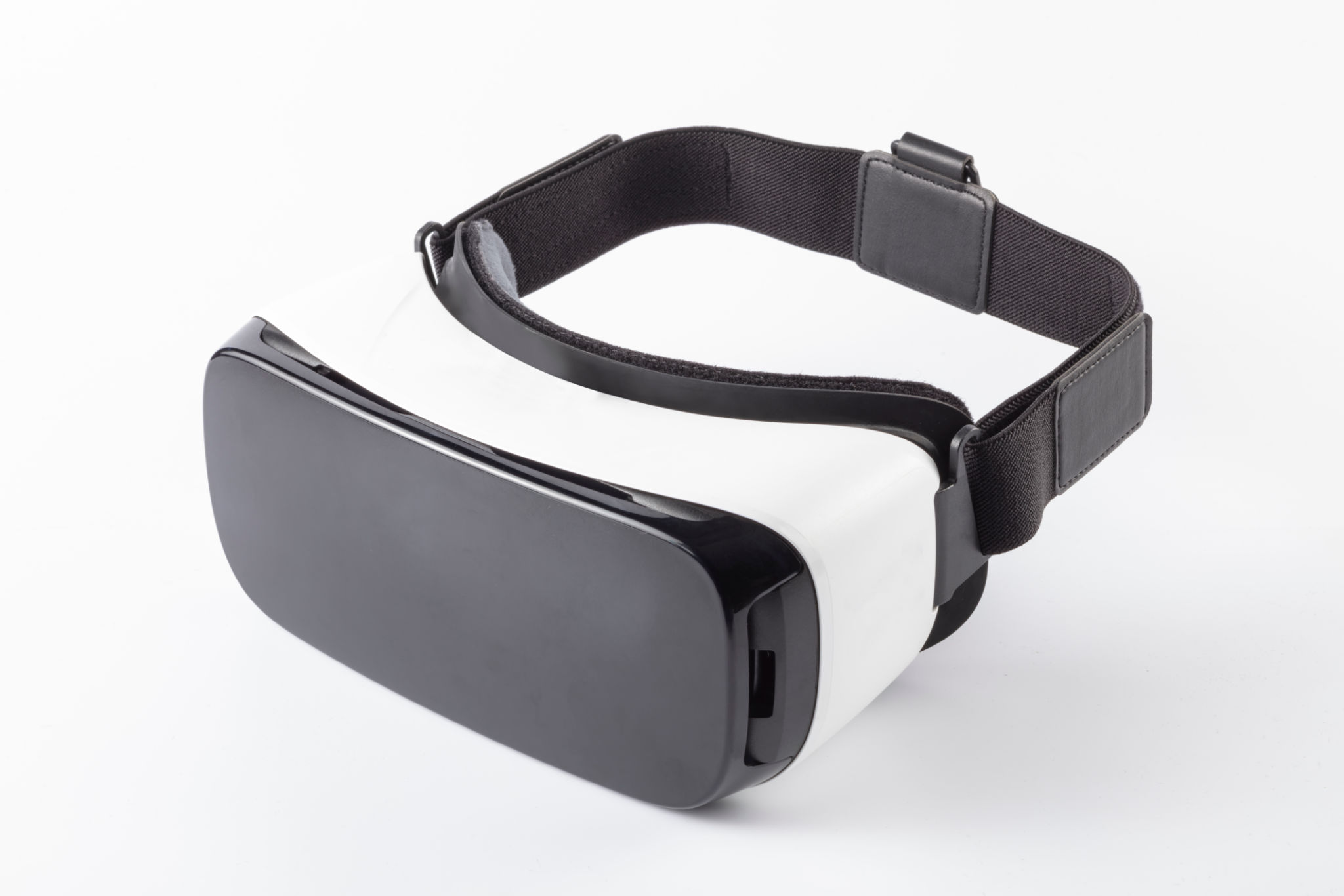How VR is Transforming Education: Insights from the UK
Introduction to VR in Education
In recent years, Virtual Reality (VR) has emerged as a groundbreaking tool in various sectors, with education being one of the most promising fields. In the UK, educators are increasingly exploring VR's potential to revolutionize learning experiences. By offering immersive and interactive environments, VR is poised to reshape traditional educational methodologies.

Engaging Students Through Immersive Learning
One of the primary benefits of VR in education is its ability to engage students in ways that traditional methods cannot. The immersive nature of VR captures students' attention and allows them to explore subjects more dynamically. For instance, students studying history can virtually walk through ancient civilizations, witnessing historical events firsthand.
Enhancing Understanding and Retention
Studies have shown that immersive learning can significantly improve knowledge retention. By providing a multi-sensory experience, VR enables students to better understand complex concepts. This is particularly evident in subjects like science, where students can simulate experiments and visualize molecular structures in 3D.

Personalized Learning Experiences
VR technology offers the opportunity for personalized learning experiences, catering to individual student needs. In the UK, schools are beginning to implement VR modules that adapt to different learning paces and styles. This customization helps ensure that each student receives the attention and resources they need to succeed.
Breaking Down Geographical Barriers
With VR, geographical limitations are no longer a barrier to quality education. Students in remote or rural areas can access the same educational resources as those in urban centers. This democratization of education is crucial in bridging the gap between different socio-economic groups across the UK.

VR in STEM Education
The UK has been particularly focused on integrating VR into STEM (Science, Technology, Engineering, and Mathematics) education. VR provides students with hands-on experience in complex STEM subjects through simulations and interactive models. This practical approach not only enhances understanding but also inspires future careers in these fields.
Challenges and Considerations
While the potential of VR in education is immense, there are challenges to address. High costs of VR equipment and the need for technical support can be barriers for some schools. Additionally, educators must be adequately trained to effectively integrate VR into their teaching strategies.

The Future of VR in UK Education
Despite these challenges, the future of VR in UK education looks promising. As technology advances and becomes more affordable, wider adoption is expected. Partnerships between tech companies and educational institutions will likely play a key role in this evolution, ensuring that VR becomes an integral part of the educational landscape.
In conclusion, VR is set to transform education by providing immersive, personalized, and accessible learning experiences. With continued investment and innovation, the UK is poised to lead the way in integrating this revolutionary technology into classrooms nationwide.